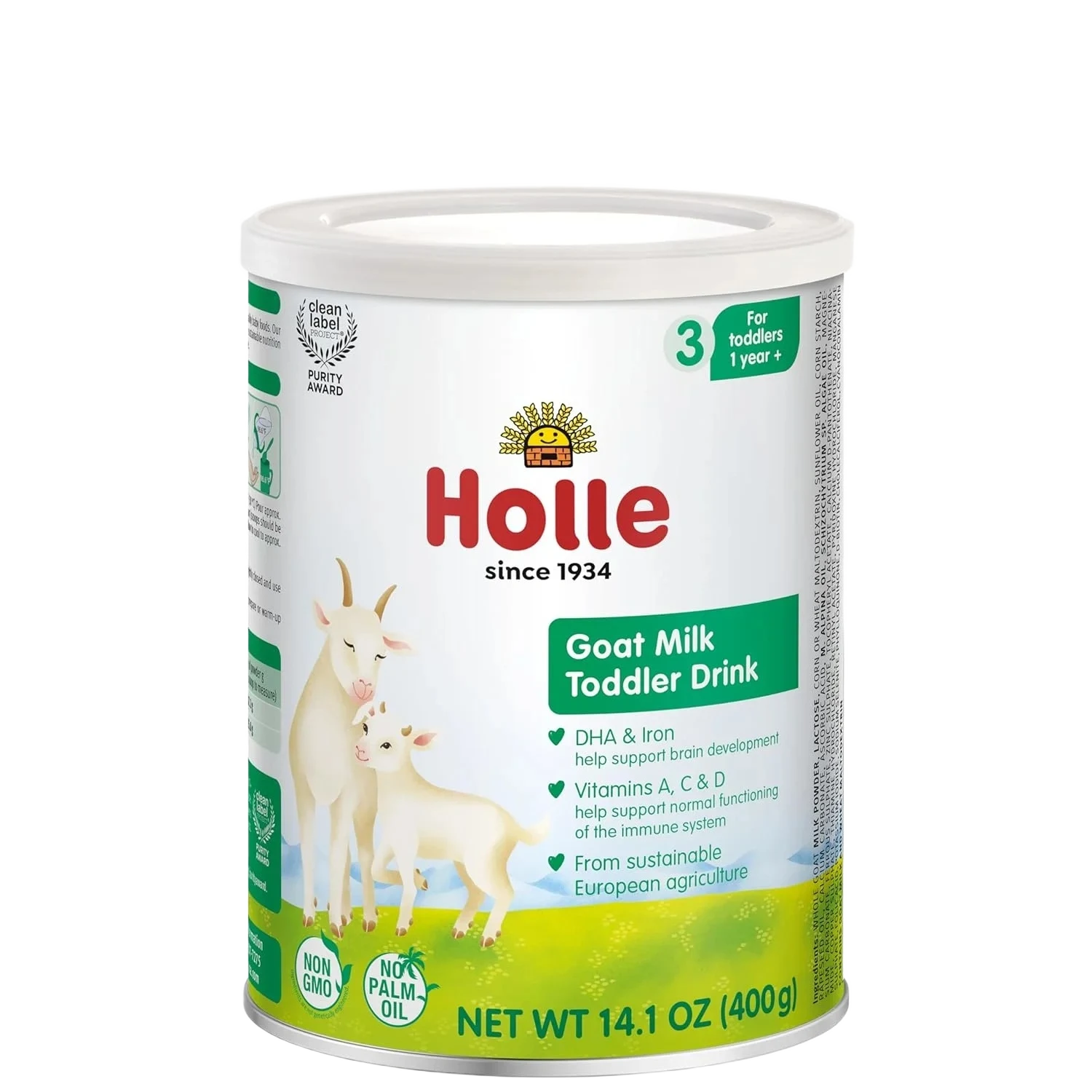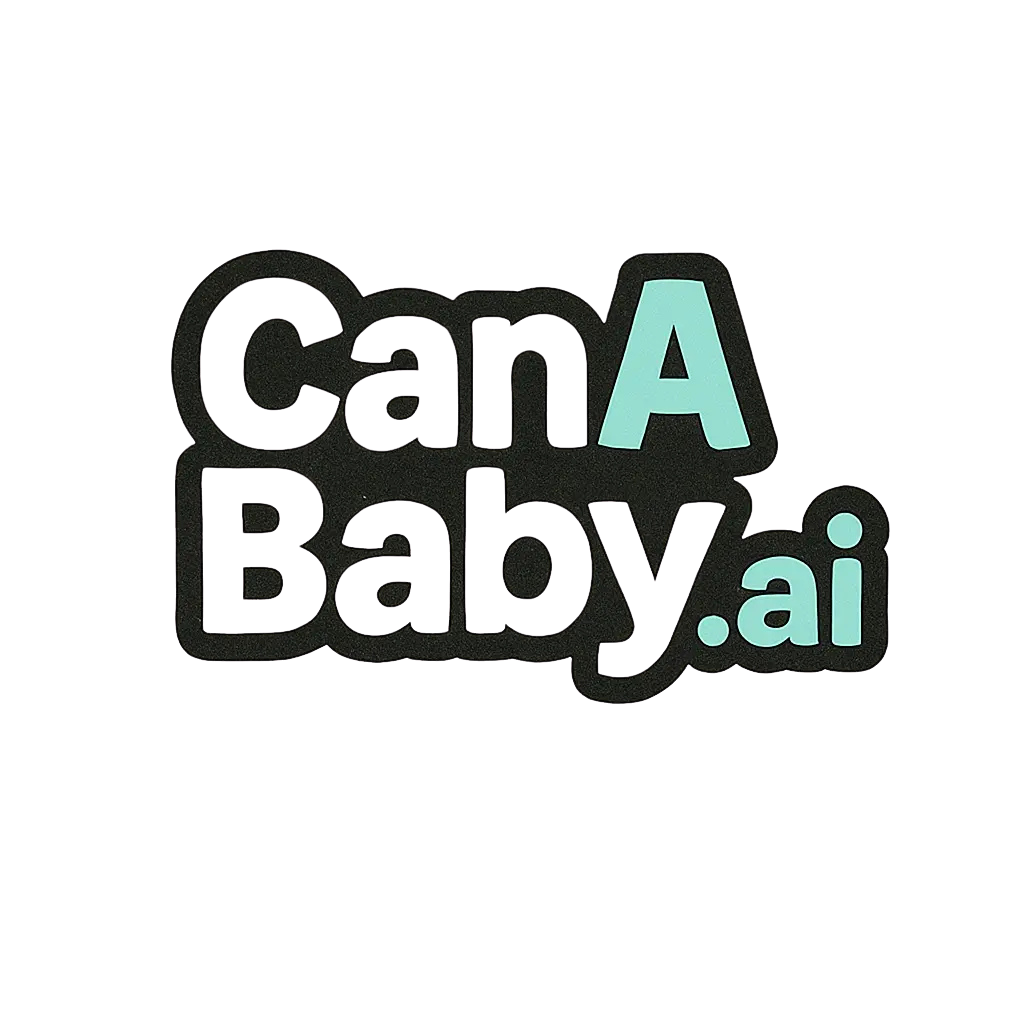Holle Goat Milk Toddler Drink
nutritional drink • For 6-12 month old babies • Consumable 🍝
Product Images
Product Photo

Tap to enlarge
Ingredient List

Tap to enlarge
Can older babies eat Holle Goat Milk Toddler Drink?
Check for Different Age (6 available)
Ingredients Analysis (30 found)
Common Questions About Holle Goat Milk Toddler Drink
Safe for older babies? Holle Goat Milk Toddler Drink
Holle Goat Milk Toddler Drink is not recommended for 6-12 month old babies due to potentially harmful ingredients.
What ingredients should I watch out for?
We analyzed 30 ingredients in Holle Goat Milk Toddler Drink. 2 concerning, 1 caution. Check the detailed analysis above for specific concerns.
Is this appropriate for older babies to eating nutritional drink?
The appropriate age depends on the specific ingredients. This analysis is for 6-12 month old babies. Use the age selector above to check other ages.
⚠️ Important Disclaimers
Product Recognition: Product names are identified by AI and may be incorrect. Always verify product identity yourself.
Safety Analysis: Evaluations are for research only - consult pediatricians for medical decisions.
No Guarantees: Results may be incomplete or inaccurate. Do not rely solely on this analysis.
